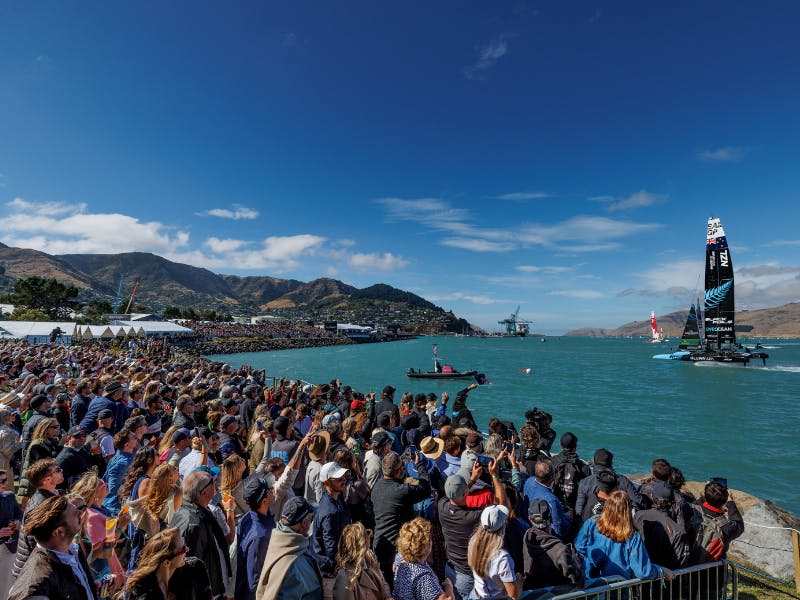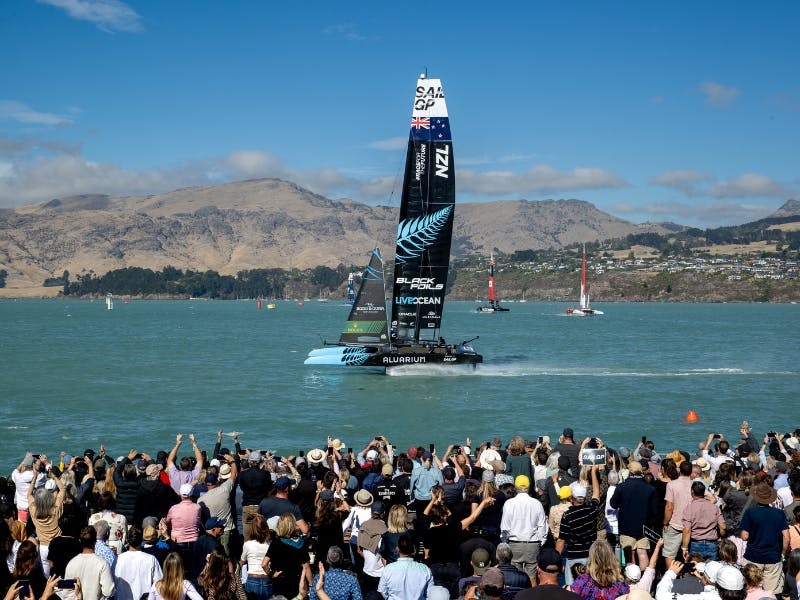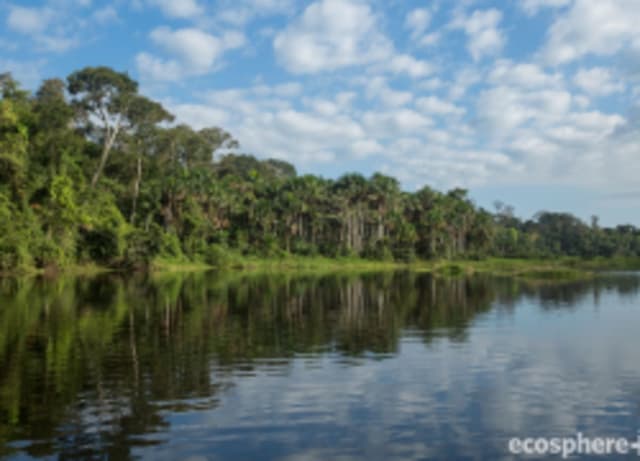Sign up. Be inspired. Get clicking.
Engaging fans and spectators: Key allies in reducing Scope 3 emissions
18 June 2024
This Summer is a huge moment internationally for sport, with UEFA EURO 2024 underway and the 2024 Summer Olympics on the approach, a significant portion of live event emissions stem from spectator travel. It's important to explore how audiences can positively contribute to addressing scope 3 emissions, and find effective ways to empower and encourage them to offset these emissions.
What are Scope 1, 2 and 3 emissions?
Scope 1: are the Green House Gas (GHG) emissions that a company makes directly.
Scope 2: are the emissions it makes indirectly.
Scope 3: are all the emissions associated, not with the company itself, but that the organisation is indirectly responsible for, up and down its value chain. Emissions wise scope 3 is usually the largest.
While event organisers bear the onus of reducing and offsetting emissions, engaging fans and spectators presents an opportunity to address residual, unavoidable emissions without shouldering the entire financial burden. Simultaneously, involving fans is a great way to educate them about their environmental impact and the role of carbon offsetting in the broader fight against climate change.
But what happens when an event is on a global scale, or spectators travel from abroad to watch?
With the Olympics and EUROS taking place this summer, competitors and spectators will be travelling across the globe, contributing to a significant carbon footprint through international travel.
Progress has been made in the sports and entertainment industry in 2024. The first carbon-removed concert took place at the O2 in London this February. Fans of the band The 1975 contributed to carbon removal projects when purchasing tickets. The carbon removal pilot successfully removed 540 tonnes of carbon. Notably, over 75% of the O2's emissions stem from fan travel, emphasising the importance of shared responsibility. In contrast, operational emissions accounted for a mere 3.95%, a low figure attributable to the O2's genuine emission reduction initiatives.
As part of UEFA EURO 2024 in Germany, UEFA announced a climate fund from which German amateur clubs are able to request financial support for climate protection. As a result, 80 German amateur clubs have been selected to receive €2.3m from the climate fund. The most popular projects among the applications have been linked to the installation of LED floodlights, photovoltaic solar panels, domestic batteries and smart irrigation systems.
However more needs to be done in addressing the impact teams and spectators can both have in reducing scope 3 emissions.
The global racing league, SailGP, is addressing the environmental impact of global events by engaging directly with their teams and fan base. They have an ambition to be the world’s most sustainable and purpose-driven global sports and entertainment platform, and they recognise the importance of fan participation in this.
SailGP’s Impact League is a world-first initiative that sees teams compete for a second podium and trophy, making sustainability essential to the fabric of sport. The Impact League tracks the positive actions that the teams make to reduce their overall carbon footprint and winning teams are rewarded with a cash prize donation to their Purpose Partners to drive even more positive impact. SailGP developed the Impact League to put sustainability and inclusion at the heart of sport. Through showcasing their competing teams' activities and tapping into the passionate and loyal fan base, they hope to encourage fans to take action and make more sustainable choices, fostering a sense of unity and collective effort towards a common goal that extends beyond the race.
However, many SailGP fans want to travel around the globe to watch their favourite teams in action. While their ticket to the event is climate positive - which means SailGP already invests in offsetting more carbon than is emitted at the event - the New Zealand SailGP Team wanted to give fans the additional opportunity to offset their travel footprint, and help create a positive impact for the environment and communities.
The team, also known as the Black Foils, partnered with leading green tech firm CarbonClick, who focus on simple and transparent carbon offsetting for businesses and individuals. Through an integrated platform between CarbonClick and SailGP NZ, fans have the chance to calculate their travel footprint and further mitigate environmental impacts by offsetting their travel emissions and supporting high-quality, certified climate projects that remove CO2 directly from the atmosphere.
Engaging fans is just another sustainable layer to the New Zealand SailGP Team, who won the Impact League in Season 2 and came second in Season 3. Now in Season 4, SailGP focuses heavily on reducing its emissions across the season’s events. They have actively reduced: the number of shipping containers they use, established remote broadcast and race management operations and reduced their support boat fleet by giving on-water vessels dual roles, and moving coaching staff off the water to a coaches booth on the edge of the racecourse. For the New Zealand team, who travels to all but one of the season’s events outside of New Zealand, they have a skeleton crew that travels with the team, and keep hotel nights to a minimum. They also offset residual emissions and are climate positive. Alongside this, by engaging with fans, and encouraging them to offset, they contribute to their ranking in SailGP’s Impact League.


How do you engage with your audience and encourage them to offset when their ticket is already climate positive?
Incentivising your audience is a great way to encourage them to offset. The Black Foils, New Zealand SailGP Team launched a competition across its social channels at their home event where fans who offset their impact could win a meet & greet and signed athlete kit. They also positioned this initiative as a way to help the Black Foils efforts to win the SailGP Impact League. This simple, yet effective incentive has resulted in high engagement from fans - 50% online conversion to engagement and 5% engagement to offset.
Using a relatable or local offset project is also a great way to engage with your audience. CarbonClick’s Banks Peninsula project was chosen as the offset project for the New Zealand leg of the season as it supports native reforestation which will improve the water quality of nearby rivers and coastal waters. It is also the perfect fit by being the backdrop of the race in Lyttelton Harbour and aims to encourage travelling Kiwis to think about their impact more than any other project.
After piloting this process with a call to action via social media and eDMs, the New Zealand SailGP Team are now working with the global SailGP league on a plan to integrate the fan carbon offsetting option into the ticket purchase process for Season 5.
Photo credits: SailGP
17 South Street
Auckland 1010
New Zealand
info@carbonclick.com- -
- X
Subscribe now to stay up to date with CarbonClick, carbon offsetting and climate action.
By signing up you agree to our Privacy Policy.


